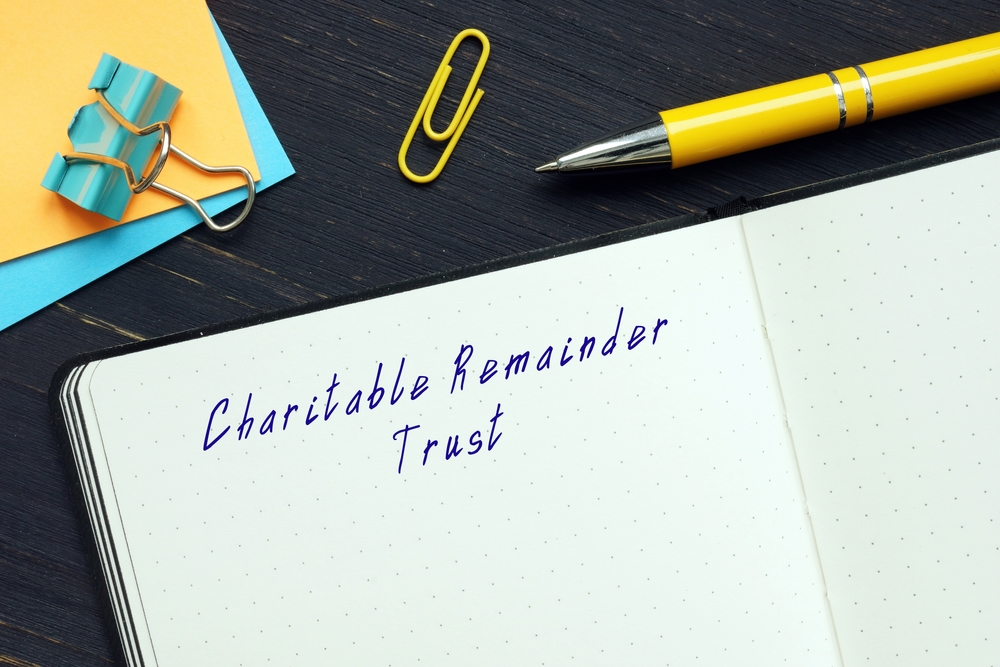Would you be more inclined to give to charity if you could turn your assets…
It’s Time to Stop Putting It Off and Put it in Writing
No one likes to consider their own death, or that of a loved one. But imagine having to cope with grief and loss at the same time that you have to tackle settling an estate, when there’s no plan in place.
When there is no estate plan in place, the stress that accompanies dealing with a loved one’s becoming incapacitated or passing becomes even more overwhelming. What’s surprising is, while people rationally understand this, an article in the New Jersey Herald, “Put your plans in writing,” reports on a survey that says that only 42% of Americans have estate planning documents. What’s worse? Only 36% of parents of minor children have an estate plan.
About 47% of those who responded to a survey from Caring.com, said they hadn’t gotten around to it. That’s not too surprising, since people are often reluctant to deal with the idea of their own mortality, or they think they have a lot of time to address it before they die.
The first step to estate planning is to get some professional advice. You should hire an experienced estate attorney to assist with setting up a trust, wills, living wills, health care directives and powers of attorney.
One of the biggest mistakes that people can make is thinking they need to have a large estate or be ultra-wealthy to have an estate plan. No, everyone needs an estate plan. If you’re married with kids, you need a will, because without the appointment of a guardian, a judge will make the decision regarding who will care for your children. Surprisingly, relatives may fight over who should rear your children. It’s critical to have this spelled out in your will to keep peace in your family.
People die without a will all the time. Their assets are distributed via the intestacy laws of their state of residence. For example, if a person with a spouse and no children, grandparents or parents passes away, everything will go to the spouse. In some states, like Florida, when that couple has children, and one parent dies, leaving a spouse and children who are also the children of the spouse, the spouse will get the first $60,000 plus one-half of the balance of the estate. The children would receive the other one-half of the balance divided equally among the siblings.
An experienced estate planning attorney will go through your plan and make sure that it suits you and your unique situation. If you decide to have a will created online, bear in mind that it may be vulnerable to challenges. A will needs to be written to address the nuances of your personal life, and should be reviewed regularly to ensure that it reflects your wishes and takes advantage of any changes in the tax or estate laws.
Having a plan in place will not cause your family to grieve any less, but it will provide you with some peace of mind and it will make life easier for those left behind.
Reference: New Jersey Herald (September 8, 2017) “Put your plans in writing”



